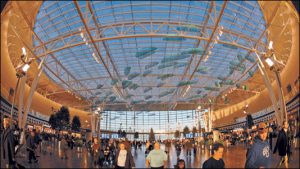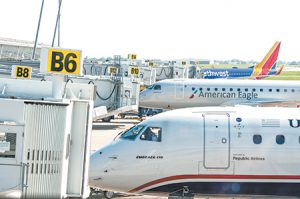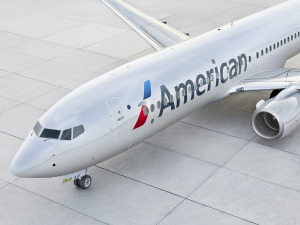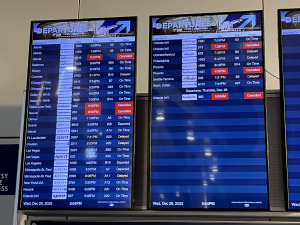
Boeing jetliner that suffered inflight blowout was restricted because of concern over warning light
Alaska Airlines decided to restrict the aircraft from long flights over water so the plane “could return very quickly to an airport” if the warning light reappeared, according to a federal offoicial.












